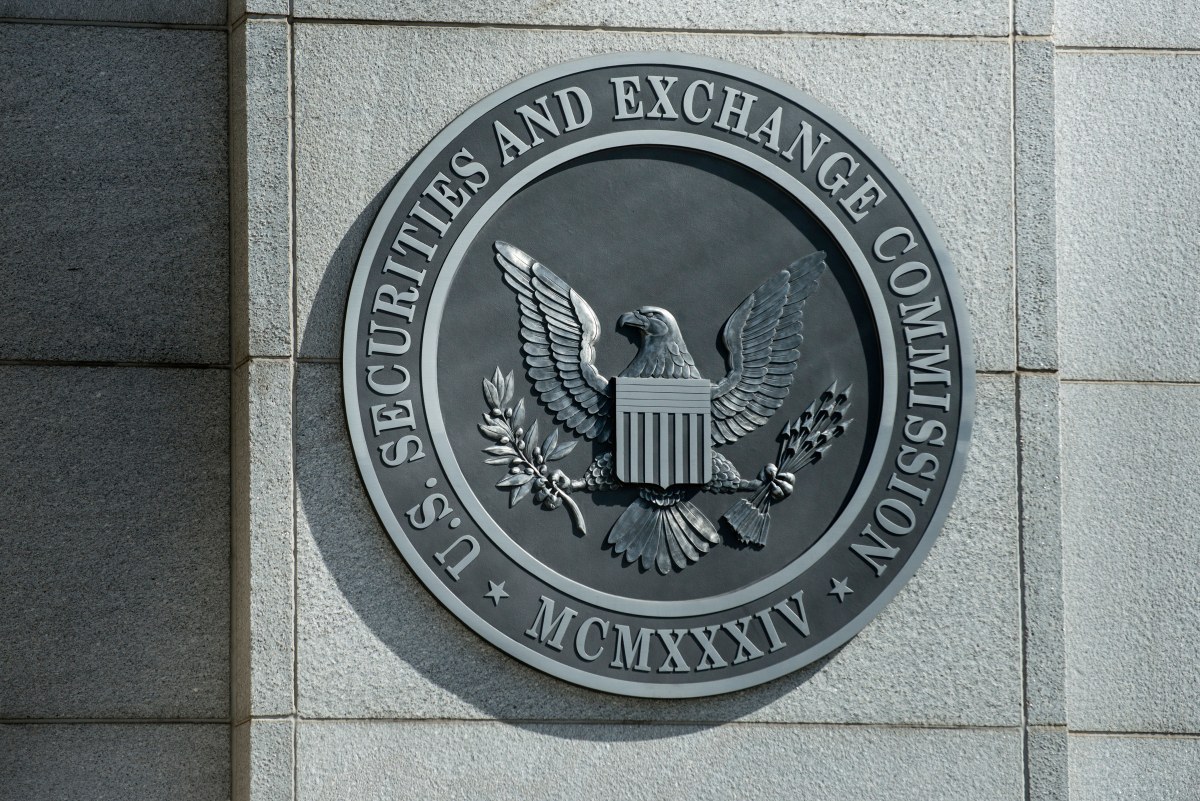
SEC director says “nothing has changed” for enforcement even as the crypto industry rumbles
As the U.S. Securities and Exchange Commission continues to scrutinize the crypto industry, the agency’s director of enforcement, Gurbir Grewal, says the regulator is not concerned with labels or technology, but whether securities are being sold in a format that adheres to existing laws.
During an interview at an event hosted by Rutgers University’s School of Law and law firm Lowenstein Sandler last Friday, Grewal said the SEC is “concerned with the offerings” in crypto markets.
“When we look underneath the hood, when we kick the tires, we’ve seen plenty of DeFi products [and] DeFi offerings that are neither decentralized nor finance, but rather just straight fraud,” Grewal said. “We’ve seen plenty of stablecoins that are neither stable nor coins, but [are] fraudulent.”
The director of enforcement also highlighted that crypto products and services like protocols and smart contracts are supposed to protect against market manipulation and fraud, but haven’t. “You can call it crypto… it doesn’t matter what you call it. It’s the substance and reality of what you’re offering. And if that offering needs to be registered and you’re not registering it, we’ll hold you accountable,” he said.
Earlier this month, the SEC charged the two largest crypto exchanges, Binance and Coinbase, for securities law violations in back-to-back cases, as well as other charges.
Grewal said the agency prosecuted the exchanges because it has “to be thoughtful in the cases we bring that will have the most impact and deter other bad actors [while] promoting compliance.”
More broadly, he considers the risks in the crypto market to be “too great, as we’re seeing a precipitous decline in the crypto markets, and investors are being hurt on the back end of it.”
While many people in the crypto industry have referred to the actions as “regulation by enforcement,” Grewal doesn’t feel so. “It’s a catchy but tired refrain. What we’re doing is enforcing existing rules and regulations.”
Many companies in the web3 space disagree.


